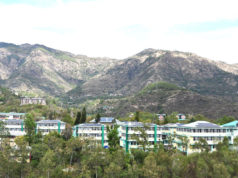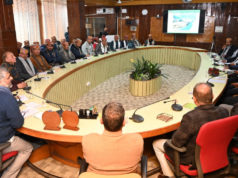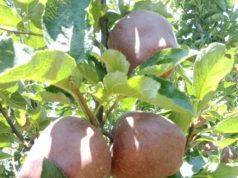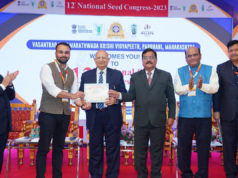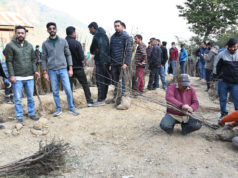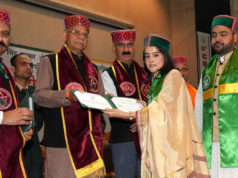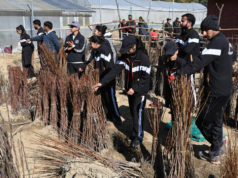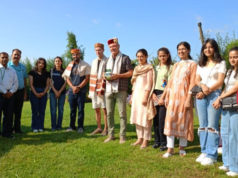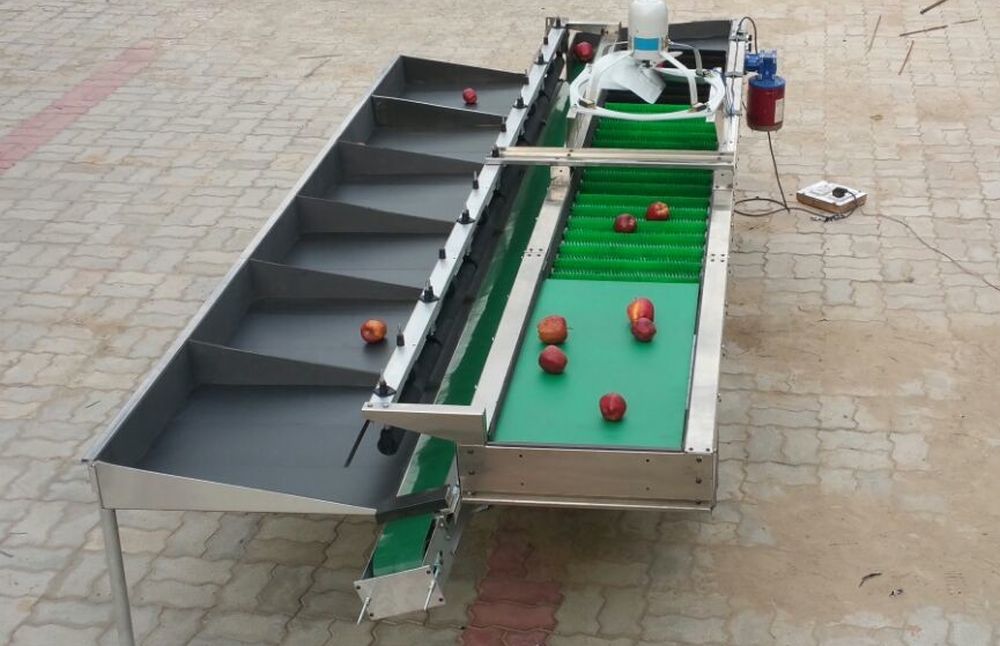Agri Scientists experiments in Chamba yielded encouraging results
Nauni/Solan: Onion crop is harvested only once in Himachal Pradesh while at the same time farmers of Maharashtra have been cultivating thrice in a year. This has made the state heavily dependent on other states for meeting the requirement of onion and often causing the prices to go beyond the reach of common people.
Taking note of this, Agri scientists at Dr YS Parmar University of Horticulture and Forestry, Nauni worked towards an appropriate alternative- the cultivation of Kharif onion.
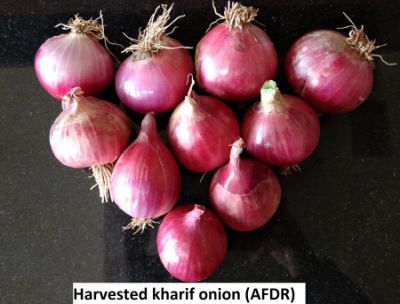
Dr Deepa Sharma, Vegetable Scientist at the University’s College of Horticulture and Forestry (COH&F), Neri, Hamirpur has been working on a Rs 20.43 lakh project sanctioned two years ago by the Department of Science and Technology (DST), New Delhi for popularizing Kharif onion cultivation in Chamba district of the state.
University scientists’ Dr Rajveev Raina and Dr Sanjeev Kumar Banyal are associated with the project as Co-Investigators.
Under the project 245 demonstrations on farm fields, 14 training programmes have been organised in the last two years, which have benefitted 362 farmers. Keeping in view the growing demand and profit of Kharif onion, the university wants to extend its cultivation to all suitable areas of the state.
The experiments conducted in District Chamba have yielded encouraging results. The farmers can replant setts during the second week of August sell green onion bulbs from the second week of October. So, this Kharif onion comes in the market at the time when onion prices shoot up.
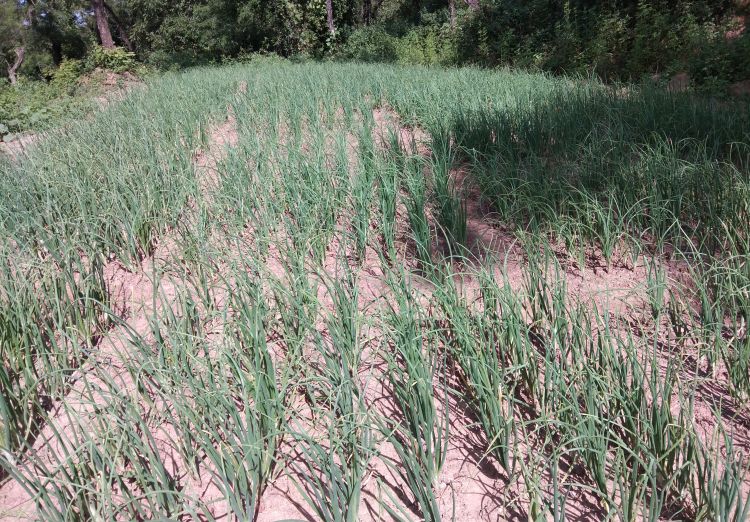
Agri University claims that Onion crop will be ready for harvesting in the last week of November to the first week of December. And it’ll come in the market when the prices of onion are usually high and therefore farmer would get good prices of their produce. Agri Scientists claim
“farmers can obtain a yield of six quintals from one quintal setts and earn up to Rs 30000”
Dr Parvinder Kaushal, Vice-Chancellor advised the farmers to take Kharif onion cultivation as an enterprise. Praising the work done by the scientists associated with the project, Dr Kaushal asked them to popularize the commercial cultivation of the crop in the state.


